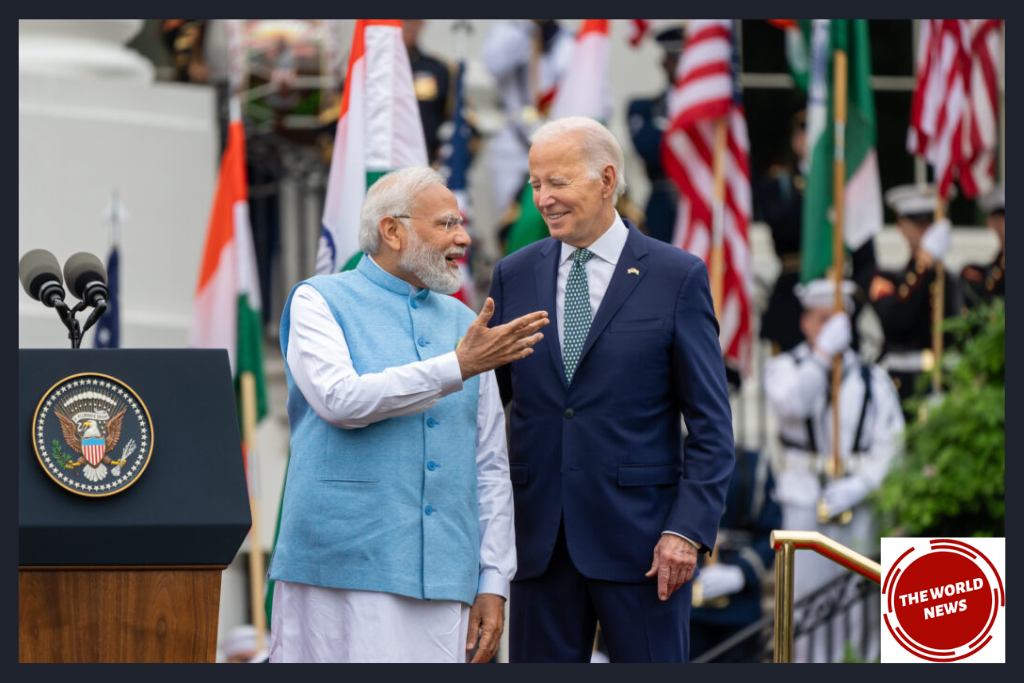Ratan Tata: A Visionary Leader Who Shaped Indian Industry
Ratan Tata, the former chairman of Tata Sons and a beloved business icon, has passed away. Known for his innovative leadership approach and unwavering focus on ethical business practices, Ratan Tata transformed not only the Tata Group but the entire Indian industry. This blog post celebrates his life, contributions, and enduring legacy.
Early Life and the Start of a Legacy
Ratan Tata was born into the famous Tata family, but he always aimed to create his own path. After graduating from Cornell University with a degree in architecture, he went on to complete a management program at Harvard Business School. His journey with the Tata Group began in 1961, but it wasn’t until he became chairman in 1991 that he truly left an indelible mark on the industry.
As chairman, Ratan Tata’s leadership redefined the way Tata Group operated. Under his stewardship, the conglomerate expanded internationally, with key acquisitions like Tetley, Jaguar Land Rover, and Corus Steel, propelling the company onto the global stage. His vision was clear: to modernize and innovate while upholding the values of integrity and corporate responsibility.
Bold Business Moves That Changed the Game
During his tenure, Ratan Tata made several bold decisions that helped the Tata Group become a global powerhouse. His acquisition of iconic international brands not only diversified the group’s portfolio but also positioned India as a growing player in the global market.
His business strategy was about more than growth and profit—it was about creating businesses that would benefit society at large. One of his most notable projects, the Tata Nano, aimed at making cars affordable for middle-class families in India. Although the project didn’t meet commercial expectations, it remains a testament to his vision of making innovation accessible to everyone.
Leadership with Purpose and Empathy
What truly set Ratan Tata apart was his ability to lead with empathy. His compassionate leadership style became evident during the 2008 Mumbai terrorist attacks when he personally visited the victims and offered support to employees and their families. He believed in prioritizing people over profits—a philosophy that resonated throughout the Tata Group.
Tata’s legacy of ethical leadership continues to inspire many. His approach reminds business leaders that success isn’t just about financial gains but also about fostering a positive impact on society. His quote, “If you want to walk far, walk together,” encapsulates his belief in collective progress.
Ratan Tata’s Enduring Legacy
Ratan Tata’s legacy will endure for generations. Even after stepping down as chairman in 2012, his influence remained strong within the Tata Group and the business world at large. His guidance, philanthropy, and ethical approach to leadership shaped not only businesses but also lives.
Today, Tata Group operates in over 100 countries, a testament to the strong foundation he laid. His contributions to healthcare, education, and infrastructure further highlight his commitment to societal welfare.
Through his contributions, Ratan Tata redefined the Indian industry, making Tata Group a symbol of reliability, trust, and social responsibility. His belief that businesses should serve society is a guiding principle that many in the corporate world aspire to follow.
Honoring Ratan Tata’s Contributions to Industry
As the world bids farewell to Ratan Tata, his legacy of leadership, innovation, and empathy will continue to inspire. His life serves as a reminder that true business success is about more than profits—it’s about using your platform to make a positive impact on the world. Ratan Tata’s leadership philosophy and his remarkable contributions will be remembered as a beacon for future generations of business leaders.



